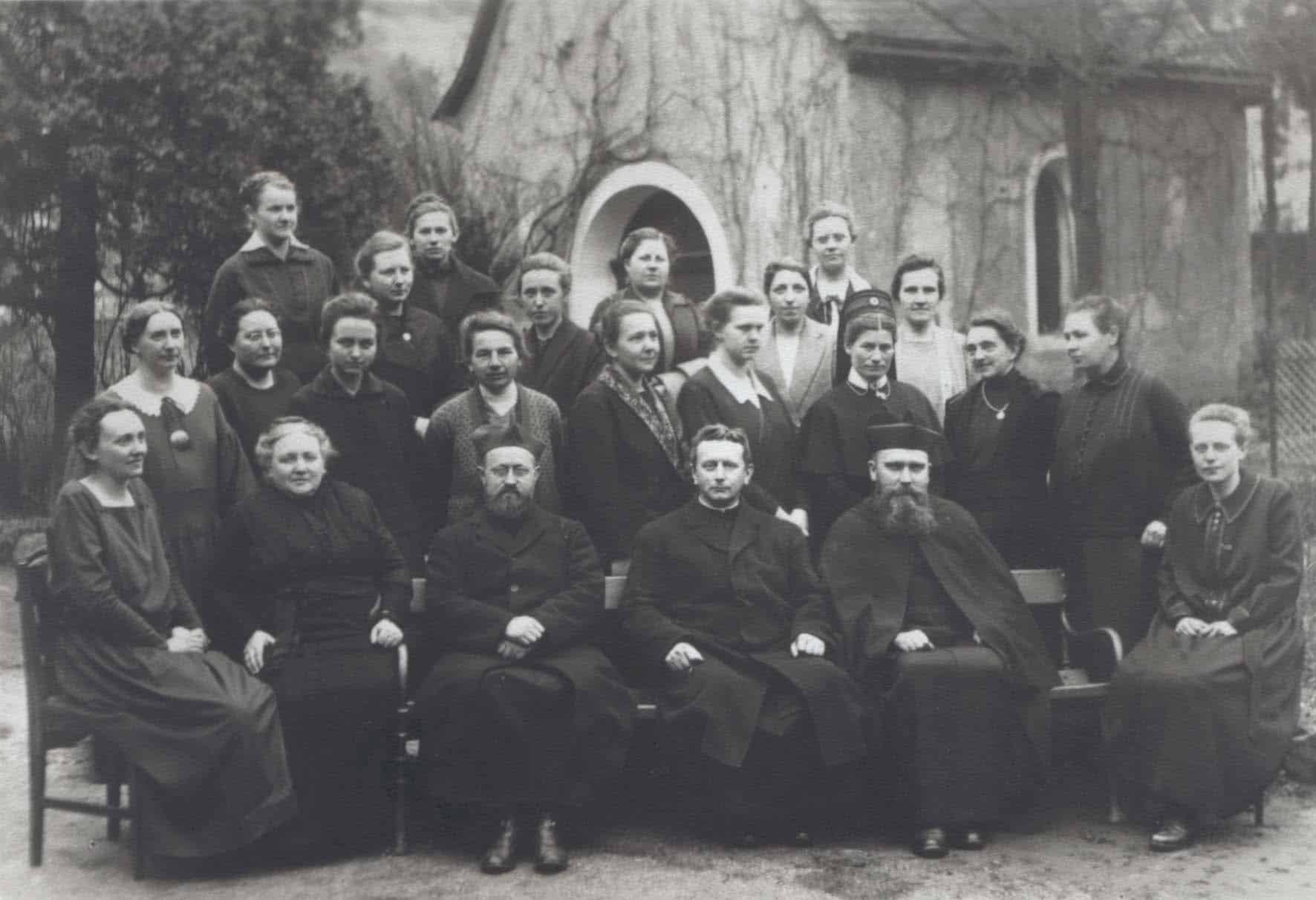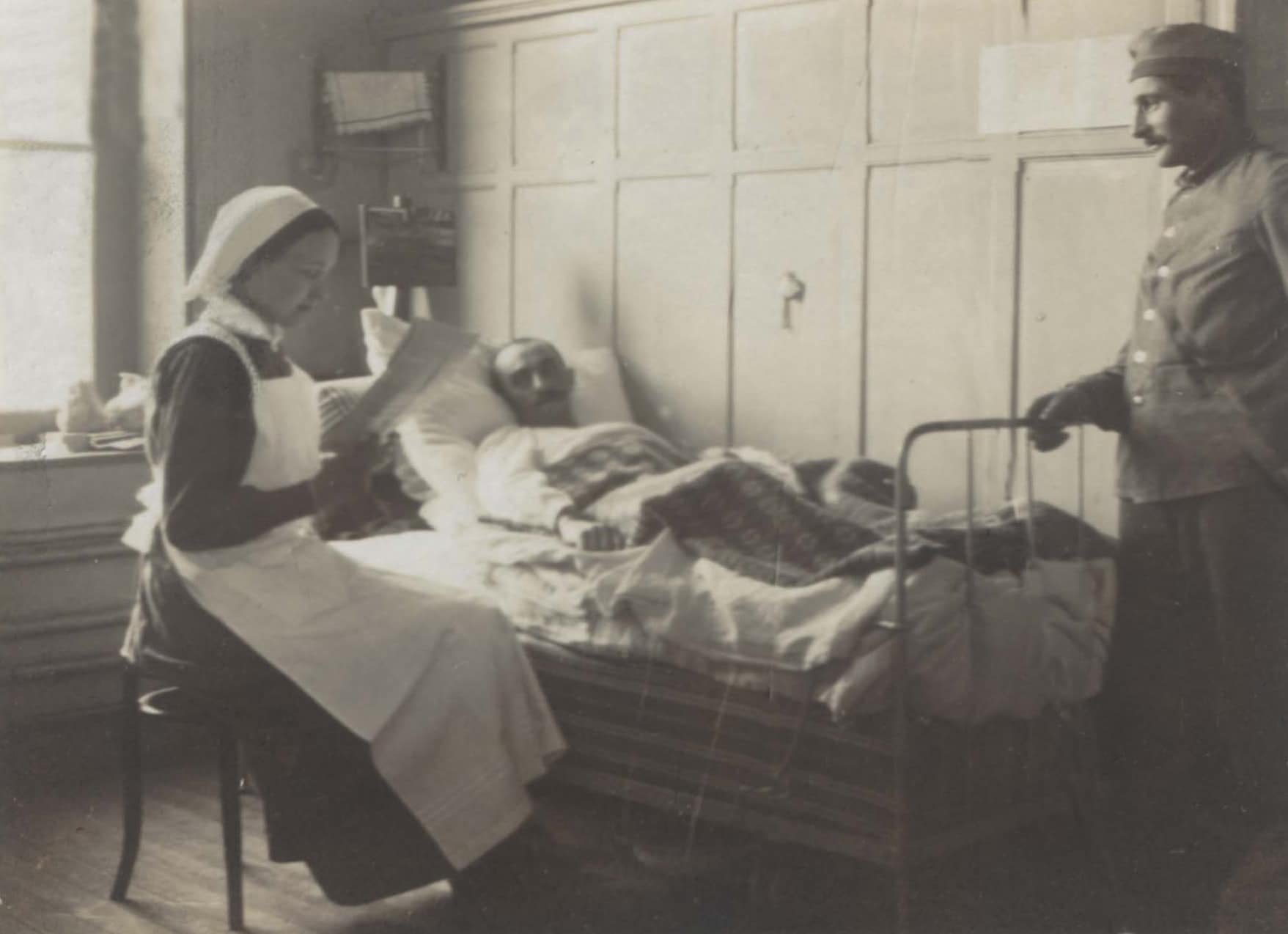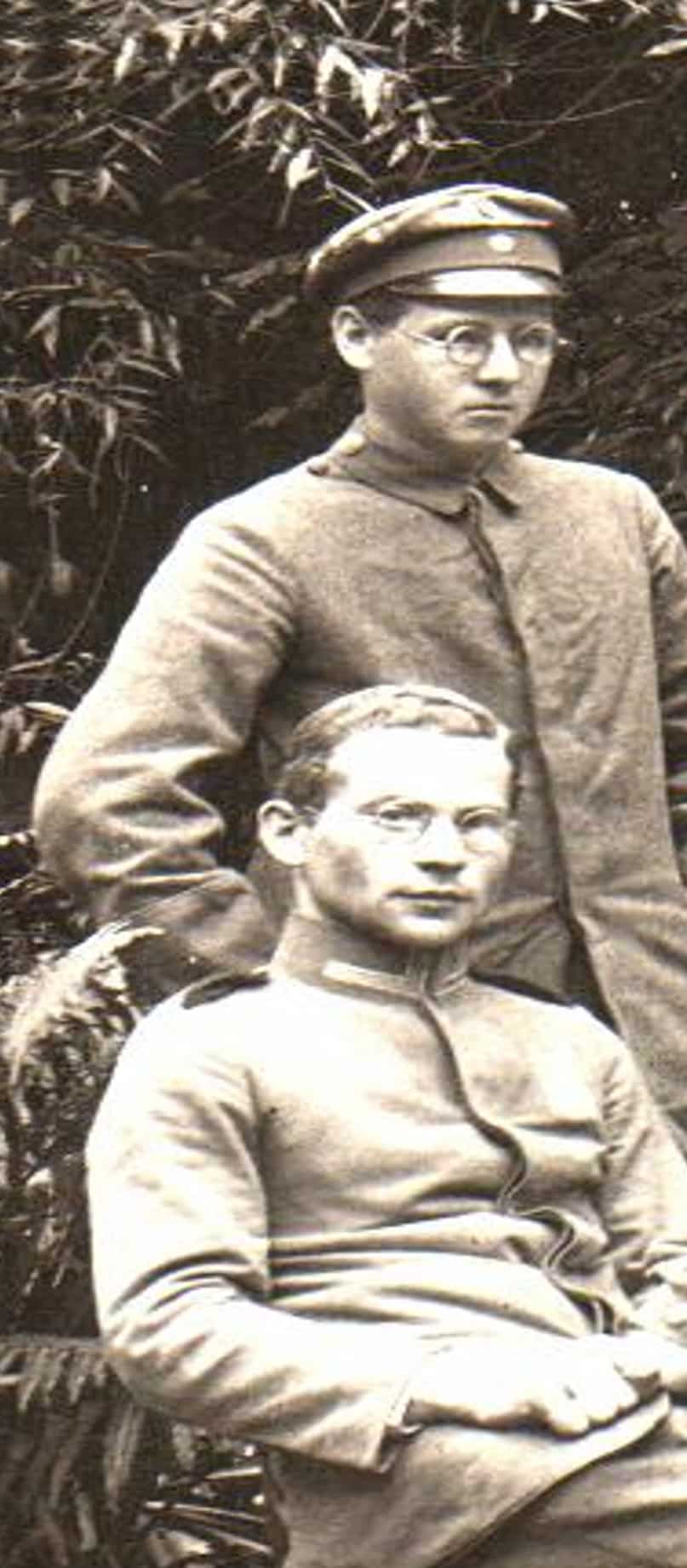Since the second decade of the XXI century, we are experiencing something like the time of young women. They are committed to something great and want nothing less than to change the world. With their message, they not infrequently strive for a game-changing (a significant change) of existing conditions in a concrete area, e.g. for the advancing climate change, for the humane reception of migrants, for human and women’s rights.
All these “games” have high stakes. They demand a statement, provoke and call for a decision. Some of these women are paying a high price, like the 22-year-old Iranian Kurdish woman, Jîna Mahsa Amini, whose death gave birth to a women’s protest movement in Iran. But the change continues relentlessly.
Isn’t there something revolutionary behind this uprising of young women? Something born out of intuition, without strategic consideration and support from the power apparatus. These spontaneous interventions bring forth something new that wants to do good for the world and good for the people. Isn’t this the mission of young women in general?
Didn’t God also count on a young woman at the most decisive moment in world history? Mary of Nazareth “… got up and set out in haste” – as we looked at her during this year’s World Youth Day. Much has come from this.

Young women were also at the beginning of Schoenstatt’s Women’s Movement. One of them, Gertraud von Bullion (1891-1930), literally opened the doors for women in Schoenstatt. In the birth of the Movement, she made a common path possible, she made the community possible that still exists worldwide today.
What can young women learn today from their “sister of the first hour”?
Gertraud von Bullion worked for a cause with passion and with all her heart, even with creativity.
She perceived the hot spots of the world with open eyes. It was important to her to be able to make a difference as a woman. She wanted to become a missionary, an apostle of Jesus. The circumstances of her life and her era have marked her path.
When the First World War broke out, she – just 23 years old – volunteered as a nurse to help the soldiers and the wounded. She perceived both the physical wounds of those entrusted to her care as well as the spiritual ones. She met the young men who wrestled with God in the dark hours of the increasingly senseless war in conversations seeking meaning, or as a bridge to the military chaplain. Her very appearance made God tangible; she lived an intimate relationship with Jesus.
In the gloomy conditions of the military hospital, she intervened creatively and shaped the atmosphere. For example, she set up a makeshift chapel with an equally makeshift tabernacle furnished with her own hands, so that Christ would have a space in the midst of the military hospital, in the midst of suffering and wounds. She initiated a choir with soldiers and other nurses so that something of the joy of faith could be experienced. She wasn’t always successful, but she was always looking for new ways to be there for people, to convey God’s nearness to them.

The same passion filled her when, in the middle of the war, in 1917, she learned about Schoenstatt from one of the medical soldiers, Franz Xaver Salzhuber. She immediately felt that this new religious awakening could be something for her. In conversations with Salzhuber and then with Father Kentenich, she looked for ways to open the door to Schoenstatt for women. The first women’s group in the Apostolic Federation was her work, even if it only consisted of two members. But the beginning was made! And what was important and revolutionary, indeed game-changing, was that this Federation should be a community for leaders – leaders we would say today – in the Christian area, that is
a spiritual and organisational leadership for women, in the spirit of Christ, guided by God’s Spirit.
Her dream of being an apostle was realised in a new context. She was able to stand at the beginning of a new community and open the way in which missionary people can mature and give witness to God.
The game-changing here was that with her, young women in Schoenstatt could begin a path on which they could work apostolically and have a missionary effect in their own original way, on which they could discover and develop their strengths and charisms and that in community! A spiritual family emerged in many countries around the world. Gertraud was able to be at the beginning of this development. Yes, she made this development possible, through her serving-motherly nature, which gave others space for their growth and development, taking joy in others.
Strong in relationships – happy in relationships – happy and fulfilled in relationships

Gertraud has always lived relationships with joy: with women and men, with clergy and within her own family. Deeply lived, faith-oriented friendships were important and life-sustaining to her. An example of this is her correspondence and spiritual friendship with Nikolas Lauer, whom she met as a nurse during the war and with whom she worked apostolically. She accompanied him on his way to the priesthood and to Schoenstatt. He became her biographer and an apostle of the covenant for women. A sharing of gifts and charisms! His biography would later become the basis for the desired beatification of Gertraud von Bullion.
Gertraud made decisive contributions. This is also what the Church of today and tomorrow is about: playing a decisive role, according to the charisms that have been given to us. In this way, she anticipated the synodal form of the Church in her being and action, the form of a Church in which each and every person plays a decisive role for the good and the growth of the whole. She can be the patroness of this new form of the Church.
In order to come into closer contact with Gertraud von Bullion, you can register for a workshop at the Covenant House (Bundesheim) in Schoenstatt, the site of her involvement. A meeting place with Gertraud von Bullion has been set up there. To make an appointment, email: gertraud-von-Bullion@s-fb.org
Dr. Alicja Kostka – is a theologian and spiritual companion, active in Gertraud von Bullion’s research, member of the Schoenstatt Women’s Federation.
